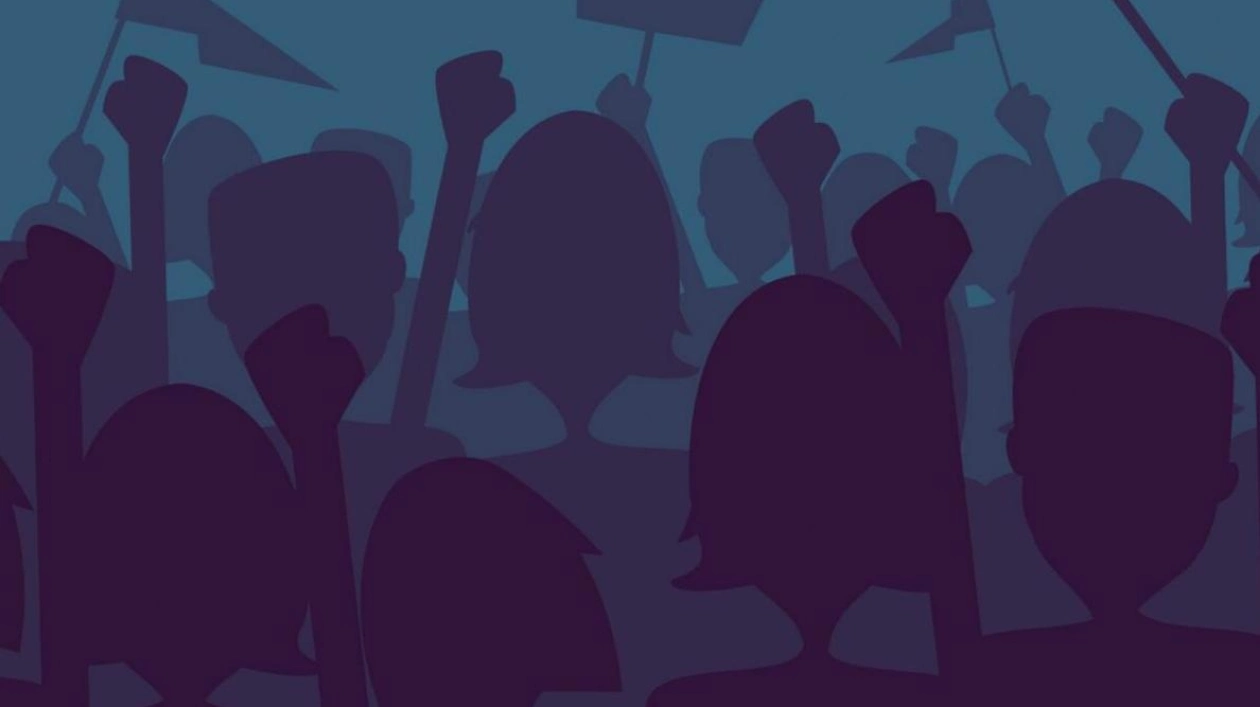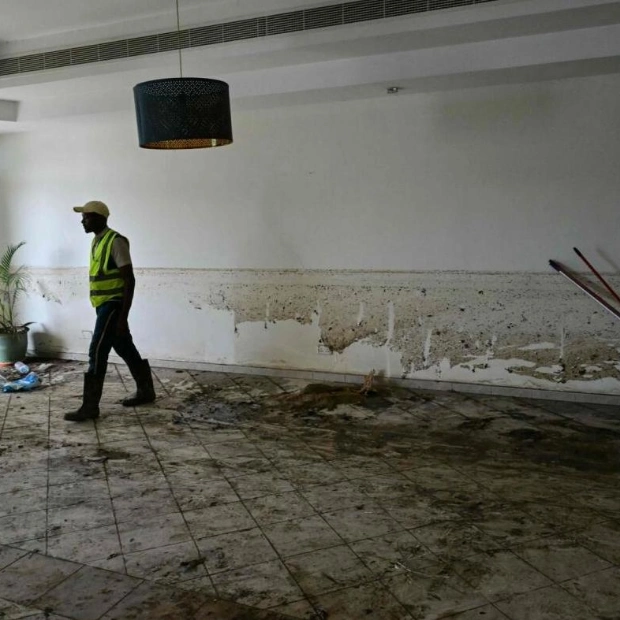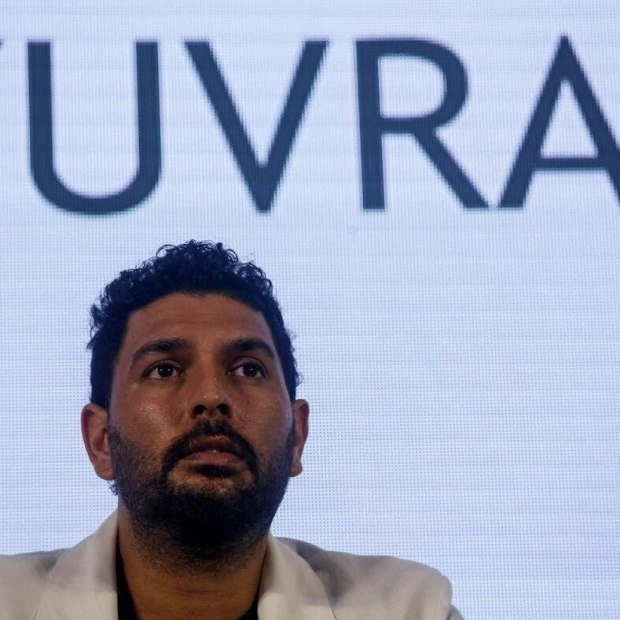Reflecting on what the future holds for Gen-Z, I've delved into the experiences of past generations who confronted comparable cultural, economic, and political challenges. While it might seem poetic to liken Gen-Z to the Lost or Greatest Generation, it's the Silent Generation that particularly resonates with me. Similar to Gen-Z, the Silents were highly educated, witnessed their parents endure economic hardships, and were contemporary to the surge of global protests and the civil rights movement of the 1960s. In the Soviet Union, they were termed 'Sixtiers,' a group of intelligent, progressive young Russians known for their opposition to totalitarianism. These Sixtiers channeled their affection for communism into artistic expressions, divided into 'lyricists,' 'artists,' and 'physicists,' the scientists. In Australia, the Silents are remembered as 'the Builders,' who literally and metaphorically constructed the nation following the austere years post-Depression and World War II.
I propose that the collective transformations worldwide will render Gen-Z, when viewed 50 years hence, as impactful as the Silents, Sixtiers, and Builders. We inhabit an era where the world is evolving at an accelerating pace, driven by political movements and philosophies that challenge realpolitik and 'civility' in the pursuit of amplifying marginalized voices, advocating for the voiceless, and demanding understanding from our elders. We've attempted to adhere to their rules, but what has it achieved?
Establishing a new, internationalist culture by dismantling traditional social and cultural barriers won't be straightforward, but it is achievable. Growing up in Al Ain, where despite prejudice, there was significant openness among children of diverse origins and backgrounds, suggests that peaceful coexistence without racial or religious divisions, while respecting ethnic, cultural, and religious differences, is not only possible but the right course of action. Resistance to the shifting power structures, however, emanates from the top, a bloated and dense hierarchy that has undermined its foundations for personal gain. Worldwide protest movements, from controversies over unfair hiring practices in Bangladesh to the plight of Palestinians, and climate protests during the Paris Olympics, are highlighting this hypocrisy.
The historical fantasy novel 'Abraham Lincoln: Vampire Hunter,' or more precisely its film adaptation, posited that 'history favors soaring speeches over quiet deeds.' Given the traditional exclusion of young people from power, it's understandable why we opt to shout at protests rather than patiently await our turn in power. Apathy, however, is uninspiring. I'm prepared to endure and march forward, driven by personal satisfaction and a belief that some older generations have coasted. They enjoyed the ability to purchase a house with half a year's salary or secure well-paying jobs in various fields, from engineering to teaching, medicine, and journalism, having been encouraged to attend university with tangible benefits.
As I conclude this week's musings, I hope we can advance with less grace but greater effectiveness, propelling the world forward as we know it can be. In next week's column, I'll delve deeper into the Silent Generation, explore how Gen-Z marks an end and Gen-Alpha a new beginning, and emphasize the need for us to support Gen-Alpha, unlike our predecessors.






